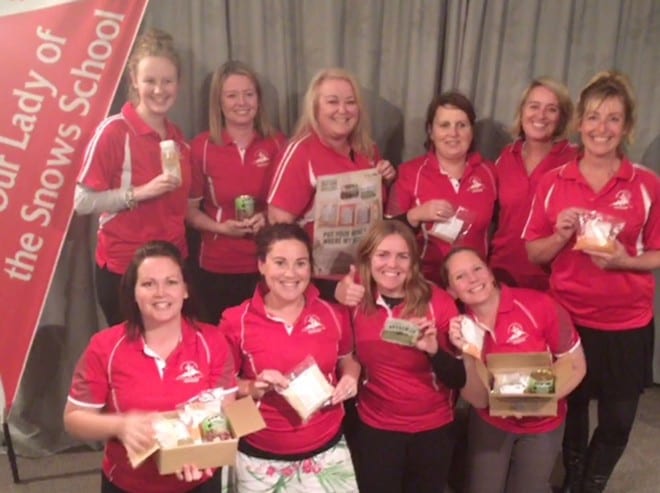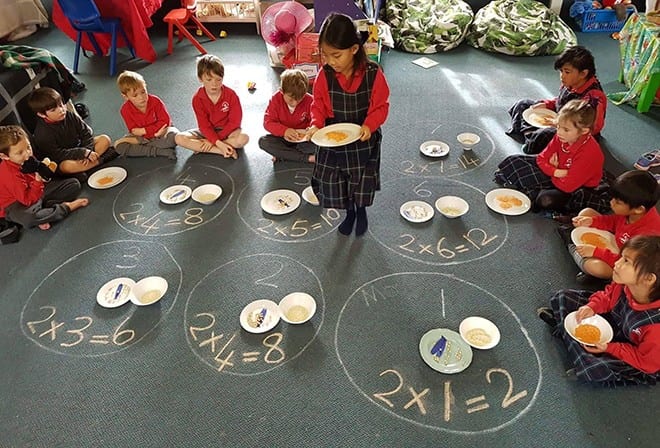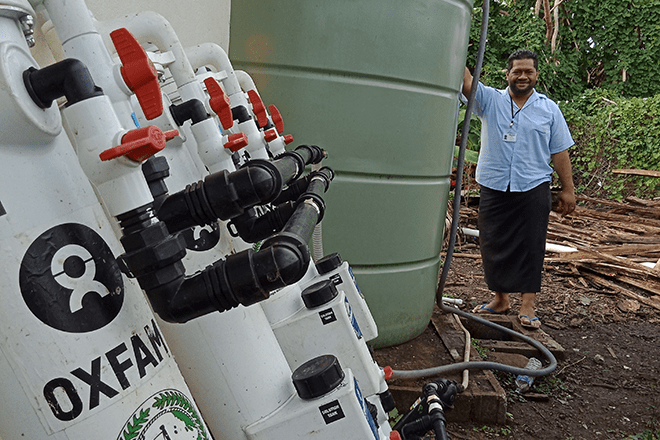
Last week, we revealed that it looks like New Zealand is losing $21 million a year to unfair tax avoidance by four big pharmaceutical companies – Abbott, Merck & Co. (also known as MSD), Johnson & Johnson, and Pfizer. Some of you may have seen comments about the way we conducted the research – our methodology. We’ve got a great blog about the methodology from our American colleagues who led the research. But we want to take a slightly different angle, because the comments about our method actually support what we are saying – that if we want an accurate picture of what companies earn and owe we need more publicly available information so that we can use more robust information.
Oxfam knows that corporate tax avoidance helps to entrench poverty and inequality. In fact, tax avoidance is a matter of life and death. We found that across only seven countries, these four pharmaceutical companies appear to be avoiding paying about $167 million in taxes. That’s enough to vaccinate 10 million girls so that they don’t get cervical cancer, which kills one woman every two minutes, mostly in developing countries.
Because of this, it is critical that we talk about tax avoidance. But it is a very complex subject. Large multinational companies have huge amounts of resources that they can use to manoeuvre their business across the globe, juggling their profits to avoid paying tax. And they share little information publicly about their economic activities. This means that we can’t see what they’re doing. It is particularly difficult for poorer countries to investigate tax avoidance, yet they rely heavily on corporate taxes to provide essential services, such as preventing and treating cancer.
Our methodology was a reasonable approach to the lack of information available. We would not need to use estimates if we had access to all the information we needed to assess the potential tax avoidance practices of multinational companies like the four big pharmaceutical companies we examined. We would have the actual information. This is why we are asking the New Zealand government to make multinational companies publish key financial information.
We didn’t devise our methodology alone. Oxfam spoke with current and former executives from the top ten pharmaceutical and accounting firms, as well as other tax experts. These included people from the Institute on Taxation and Economic Policy, Global Witness, and the head of tax for a global 100 company. We also received assistance from two international corporate tax experts: the head of the secretariat of the Independent Commission for the Reform of International Corporate Taxation, and an academic who used to be a transfer pricing senior manager in Deloitte LLP. We don’t take this kind of work lightly. We wanted to make sure we used the best methodology possible in an environment where multinational companies hide important information about their operations.
Some argue that multinational companies will have low profit margins in New Zealand because of Pharmac. We thought about this, too. Pharmac is fantastic at its job, but its way of working can’t explain our findings. We found that the profit margins across all developed and developing countries were similar – on average, between 5 and 7 percent. New Zealand’s was 6 percent, so pretty much the same as all other countries. Meanwhile, in tax havens – where companies pay no or low tax – the profit margins were a whopping 31 percent. New Zealand is not an outlier but part of a common story across all the countries we looked at. Our research showed a pattern. Something is going on here in a systematic way across the globe – something like profit shifting to avoid paying taxes.
A key principle for tax is that profits should be taxed where they are made. Some argue that the driver of profitability in the pharmaceutical industry is the creation of intellectual property through research and development (R&D). Following from this, you would expect to see higher profits and higher taxes paid in countries where R&D takes place. Not surprisingly, we do not have a clear idea of where these four big pharmaceutical companies do their R&D, so it is hard to assess where they are creating value that would lead to profits. Again, this is why we’re calling for more information to be available in the public realm.
Our global tax system is broken. We need a public conversation about how to fix it. And to do this, we need public information. This is why we’re asking our government to make multinational companies publish key financial information, so we can make them pay their fair share. Tax avoidance hurts us here in New Zealand, but poor women and girls in poor countries are the ones who really bear the brunt of multinationals’ tax avoidance. They often pay with their lives.
By Joanna Spratt, Advocacy and Campaigns Director, Oxfam New Zealand.








